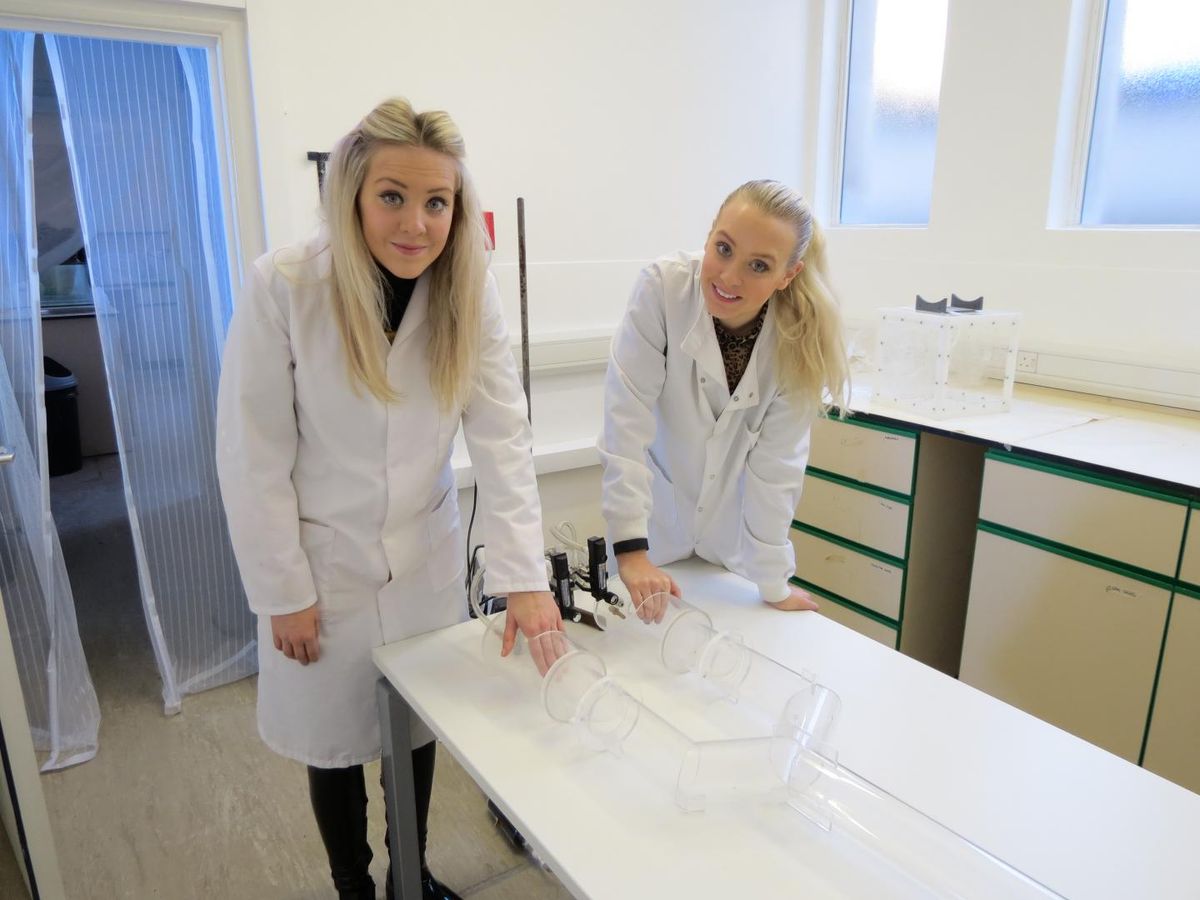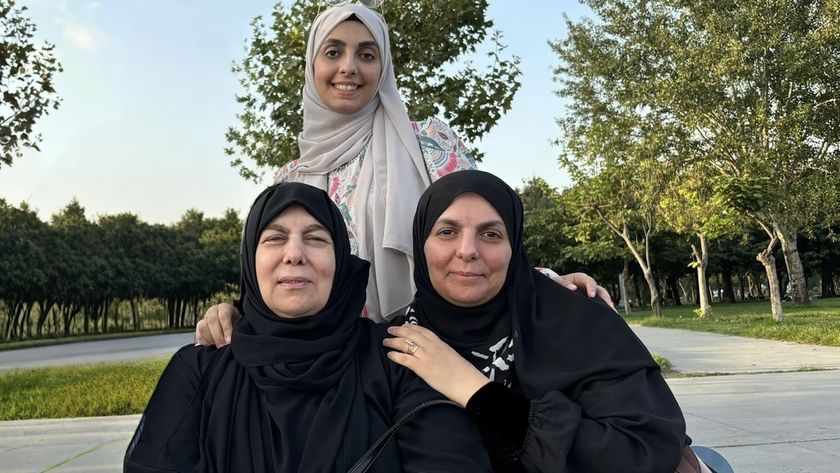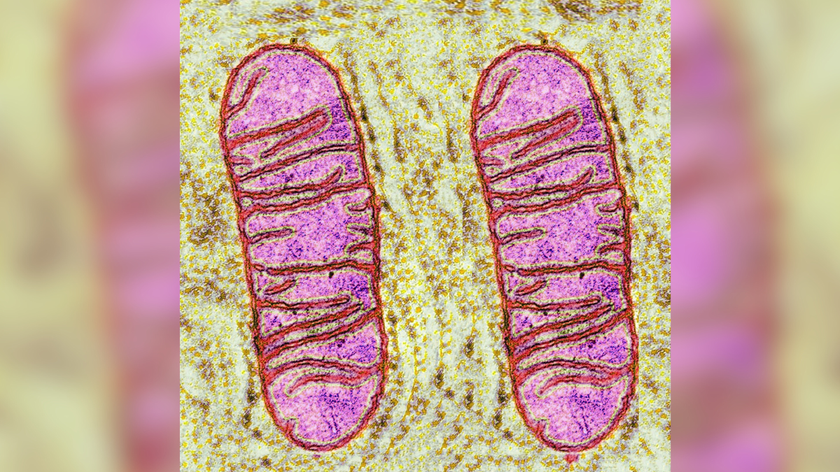Do Mosquitoes Love You? Blame Your Genes

Scientists don't fully understand why mosquitoes seem to feast on some people while only nibbling on others. Past research has shown that attractiveness to mosquitoes could be linked with people's blood type or skin bacteria. But a new experiment suggests genes have something to do with it.
In the study, researchers at the London School of Hygiene and Tropical Medicine looked at 18 pairs of identical twins and 19 pairs of nonidentical twins, all female.
Because identical twins share the same DNA, scientists often use them to study the way genes influence health, including everything from obesity to testosterone levels.
In the mosquito study, each participant placed her hands at one end of a Y-shaped tube, while her twin placed her hands on the other branch of the "Y." Mosquitoes were then let into the other end of the tube (the bottom of the "Y"), and the researchers recorded which twin's hands the mosquitoes preferred.
Mosquitoes may fly toward certain body odors, which are thought to be partly determined by genes. (A 2005 study in the journal Chemical Senses found expert sniffers could match the scents of identical twins, even ones who didn't live together.)
The results showed that the participants' attractiveness to mosquitoes was more similar in the identical twins than in the non-identical twins, according to the findings, published Wednesday (April 22) in the journal PLOS ONE.
The authors of the study said further research is needed to understand the specific genetic mechanisms that might make mosquitoes more attracted to certain people, which eventually could lead to better ways to control and repel the insects.
Sign up for the Live Science daily newsletter now
Get the world’s most fascinating discoveries delivered straight to your inbox.
"In the future, we may even be able to take a pill which will enhance the production of natural repellents by the body and ultimately replace skin lotions," study author James Logan, a medical entomologist at the London School of Hygiene and Tropical Medicine, said in a statement.
Follow Megan Gannon on Twitter. Follow us @livescience, Facebook & Google+. Original article on Live Science.













